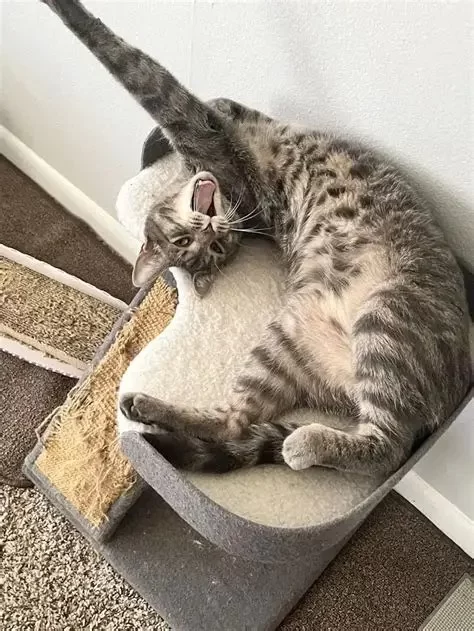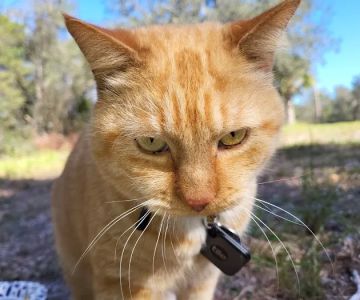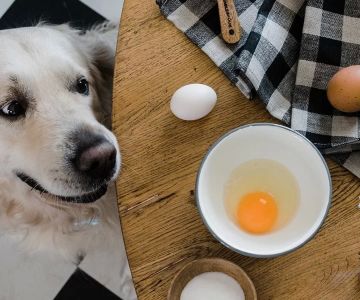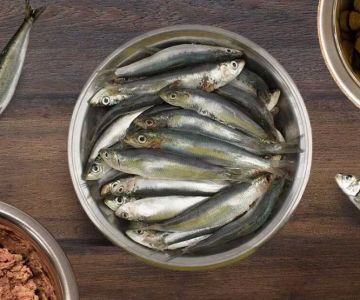- 1 - Can Cats Eat Cereal: What Pet Owners Should Know
- 2 - The Nutritional Needs of Cats vs. Human Foods
- 3 - The Risks of Feeding Cereal to Cats
- 4 - Real-Life Examples of Cats and Cereal Curiosity
- 5 - Safe Alternatives to Cereal for Cats
- 6 - Expert Tips on Keeping Cats Healthy and Satisfied
- 7 - Where to Find Trusted Support for Cat Nutrition
1 - Can Cats Eat Cereal: What Pet Owners Should Know
Many cat owners have wondered, can cats eat cereal? The short answer is that while a small bite of plain cereal won’t harm most cats, it offers little nutritional value. Cats are obligate carnivores, meaning their bodies are designed to thrive on meat rather than grains or processed human foods. Understanding the difference between safe exposure and healthy nutrition is crucial to making the right choices for your pet.
2 - The Nutritional Needs of Cats vs. Human Foods
Cats require diets rich in animal protein, taurine, and certain fatty acids that grains simply cannot provide. While cereals are often fortified for human health, these added vitamins and minerals are not always suitable or beneficial for cats. A bowl of cornflakes may seem harmless, but compared to high-quality cat food, it leaves nutritional gaps that can affect long-term health.
3 - The Risks of Feeding Cereal to Cats
Feeding cereal to cats can introduce unnecessary sugar, artificial flavors, and dairy if milk is included. Many cats are lactose intolerant, and milk combined with cereal may cause digestive upset, including diarrhea or bloating. Certain cereals with chocolate, raisins, or artificial sweeteners like xylitol are downright toxic for pets. Even safe cereals pose the risk of encouraging picky eating habits, where cats begin seeking human food over their own balanced meals.
4 - Real-Life Examples of Cats and Cereal Curiosity
Pet owners often share stories online of cats swiping cereal from breakfast bowls. One viral video showed a tabby happily pawing at Cheerios, sparking a debate among viewers about whether this was safe. Another case involved a family reporting that their cat developed mild stomach upset after repeatedly licking leftover milk from cereal bowls. These examples highlight both the harmless curiosity and the potential risks involved.
5 - Safe Alternatives to Cereal for Cats
If your cat shows interest in cereal, it’s better to redirect that curiosity toward safe alternatives. Small pieces of cooked chicken or freeze-dried meat treats provide excitement and nutrition without health risks. Some pet owners also use specially formulated cat treats with crunchy textures, which satisfy a cat’s interest in crunchy foods without resorting to cereal. These alternatives strike a healthy balance between indulgence and proper nutrition.
6 - Expert Tips on Keeping Cats Healthy and Satisfied
Veterinarians generally recommend avoiding human foods like cereal and instead focusing on a high-protein, species-appropriate diet. Engaging your cat with puzzle feeders or interactive toys during mealtime can reduce boredom and prevent food-seeking behaviors at the breakfast table. Regular checkups ensure your cat maintains a healthy weight and diet, especially if they display strong interest in foods not meant for them.
7 - Where to Find Trusted Support for Cat Nutrition
Pet owners who want professional guidance on diet and safe food choices should seek expert advice. At Hidden Brook Veterinary, cat owners can find trusted recommendations on nutrition, health, and safe feeding practices. Whether your cat has unique dietary needs or you simply want peace of mind, professional support ensures your feline friend gets the best care possible.












